So the lockdowns end, even in Melbourne, and we get a glimpse of what artistic performance may loom in a new-made world. The Sydney Theatre Company has announced its first six offerings for 2022 and they include Blithe Spirit with the ‘internationally celebrated drag sensation’ Courteney Act presumably as Madame Acarti and a revival of the lights and mirrors spectacle of Eryn Jean Norvill playing everybody in Oscar Wilde’s The Picture of Dorian Gray.
It’s hard to forget that a while back we had a Blithe Spirit with the celebrated Miriam Margoyles as the medium who speaks like a hockey mistress and her new memoir This Much is True is a reminder of what a wonder she is.
Besides, with Blithe Spirit it’s hard to dispel the memory of the old David Lean movie with Rex Harrison and Margaret Rutherford. Before we rush into a year of the new razzmatazz undiminished we trust by new mutations of the virus, there’s a production of that epical Shakespeare play Julius Caesar with just three actors Zahra Newman, Ewen Leslie and Geraldine Hakewill.
Although it’s a reversal of expectations with a play that can benefit from stacks of actors there’s nothing wrong with doing Shakespeare’s play about political assassination and political idealism as a chamber piece with a trio of actors ramping themselves up to do particular speeches and aspects of character.
Anyone who’s ever heard the early Sixties recording of Christopher Logue’s The Death of Patroclus with Vanessa Redgrave sounding like the goddess of all muses, Alan Dobie – Andrei in the Seventies BBC War and Peace – sounding like Achillies and Apollo and the Homer translator himself Christopher Logue sounding like the great piratical poet that he was will realise that the voice at full stretch can conjure kingdoms and battles and the great grandeur and greater pity of war as Shakespeare indicated in the opening chorus of Henry V written around the same time as Julius Caesar.
And on the subject of war, the death of Colin Powell, mourned on every side of democratic politics, is a reminder of the fact that he had on his wall when he was the head of the Joint Chiefs of Staff a quotation from Robert E. Lee, ‘It is well war is so terrible or we would grow too fond of it’.
God knows what the black man who could revere the wisdom of a great Confederate general would make of the recent decision to remove the statue of Thomas Jefferson in New York. If the Enlightenment and the social democracy we cling to has a scriptural document it is Jefferson’s Declaration of Independence. But returning to Julius Caesar, a play which does lavish justice to the two sides of the political coin, to Caesar and the Republic he wanted to replace, it’s inevitable that the mind is haunted by other versions.
Simon Phillips did it 25 years ago with the Melbourne Theatre Company in a production that had John Stanton – who some years earlier did a marvellous performance of Christopher Logue’s War Music, the full range of his Homer fragments, with Logue himself at Ormond College – had an intimidating grandeur in the title role and Robyn Nevin was oddly cast as Mark Antony where the more obvious option, if gender-bending was on the agenda, would have been for her to play Cassius, that extraordinary Machiavellian figure so eaten up with envy and shrewdness in a way Nevin could effortlessly and empathically have captured but whose Achilles’ heel (in a brilliant psychological touch) is that he loves, to the point of vulnerability, the noble Brutus.
Simon Phillips’ production had plenty of hoopla with Michael Bogdanov-style TV screens and Marcus Graham on the quiet side as Brutus. He didn’t dispel memories of James Mason in the old MGM Joe Mankiewicz film. But no one ever quite gets past that dramatic ghost with John Gielgud’s Cassius delivering the ‘colossus’ speech as if he had penetrated the soul of Roman culture and Latin sonority and Marlin Brando’s Mark Antony a revelation of storm and fury that leaves the most distinguished stabs at that playboy orator utterly in the shade.
That’s true of Australia’s Keith Michell who played the Antony of both Julius Caesar and his riper and seedier version in that even greater masterpiece (one of the tiny handful of Shakespeare’s very greatest works) Antony and Cleopatra in the early Sixties BBC version of the Roman plays The Spread of the Eagle. Another noted Australian actor you can hear as both the earlier and later Antony is Peter Finch on the abridged audio Living Shakespeare series (his Cleopatra was his lover, Vivien Leigh).
So much of the wonder of Shakespeare comes from the worlds he can summon up from voices. Ewen Leslie won all sorts of golden opinions first for his Melbourne Theatre Company Richard III and then for his Hamlet, both with Simon Phillips. He also played a very truncated Hal and Henry V in Benedict Andrews’ version of Shakespeare’s history plays The War of the Roses which had Cate Blanchett as an impressive Richard II and a stunning Lady Anne in Richard III. It was an exceptionally dynamised epic of progressivist theatre much admired by the great Jim Sharman among others, though the primary sense of Shakespeare in it doesn’t derive from an apprehension of his speech and music.
Tom Wright, the brilliant associate of the STC who prepared the script of The War of Roses, was staggered when he saw the Australian-born director Michael Blakemore work wonders with what he could get actors to do with their voices. Blakemore directed Olivier in Long Day’s Journey into Night and did David Williamson’s Don’s Party at London’s Royal Court and The Club on Broadway.
Williamson, however, says Blakemore, moonlighting as an actor, was miscast in The Last Bastion the 1984 television epic about the great wartime prime minister John Curtin who was invoked by Scott Morrison when he acquired the Aukus subs.
He thinks this mini-series (which you can see on Binge) required a more ocker Curtin but Blakemore, using a mild middle-Australian voice, captures the patience and resolve of the man who defied Churchill and turned to America.
Got something to add? Join the discussion and comment below.
Get 10 issues for just $10
Subscribe to The Spectator Australia today for the next 10 magazine issues, plus full online access, for just $10.
You might disagree with half of it, but you’ll enjoy reading all of it. Try your first month for free, then just $2 a week for the remainder of your first year.

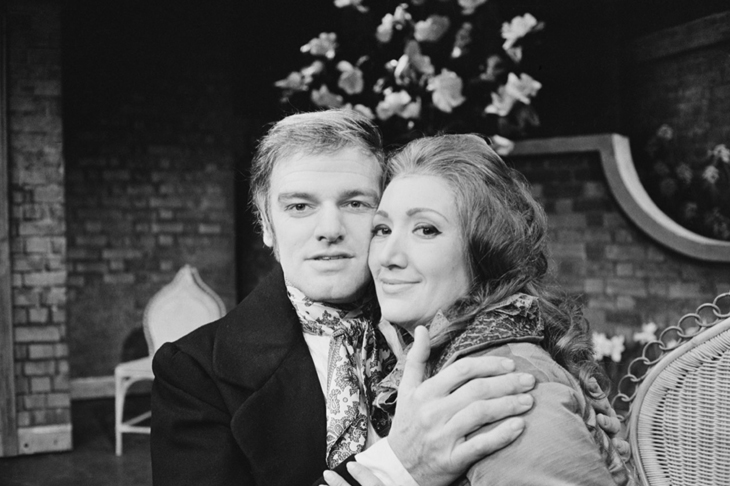
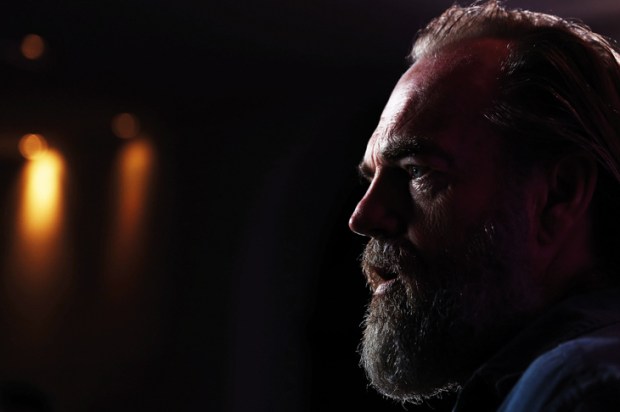
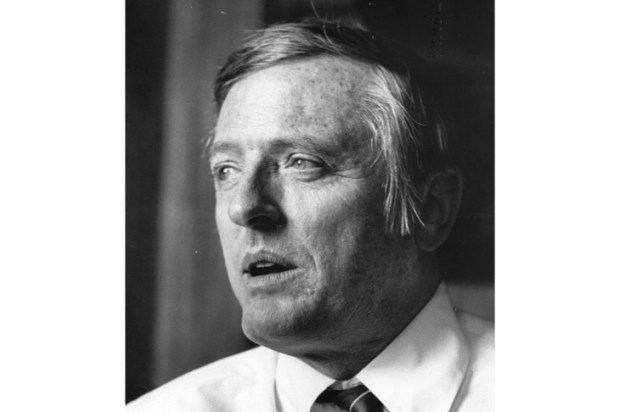
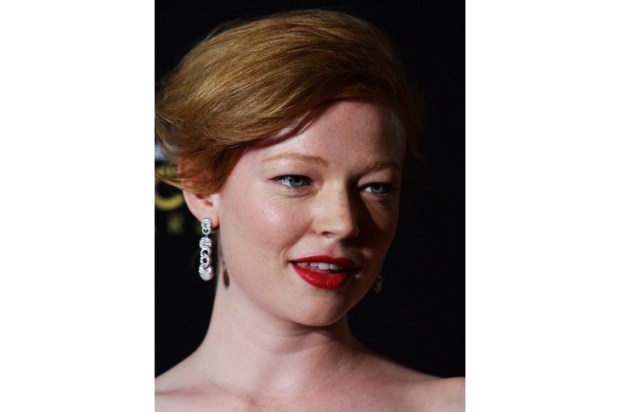

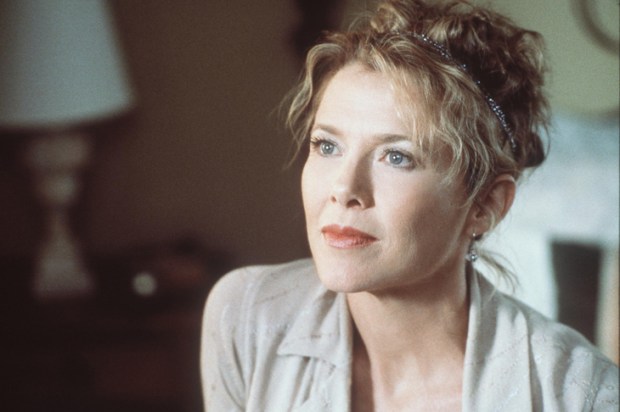
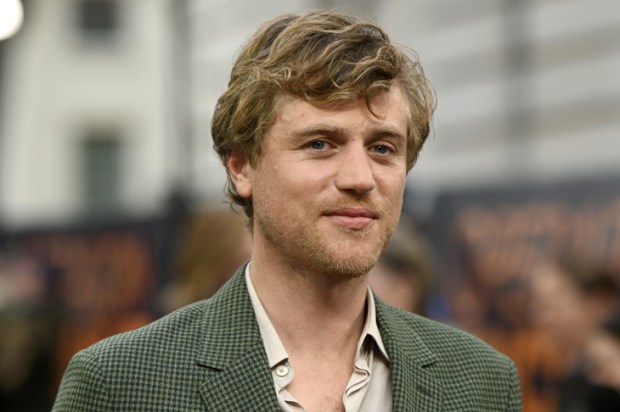






Comments
Don't miss out
Join the conversation with other Spectator Australia readers. Subscribe to leave a comment.
SUBSCRIBEAlready a subscriber? Log in